no products in the cart
0

Spinning dimensions of a metallic world, where guitar picking brings a human’s familiar touch over distorted vocals and silvery synthetic layers of sound. Not quite uneasy, but not quite relaxed, the listener glides in a forward motion, transfixed by this sound world’s gravitational pull.
Trances, Jules Reidy’s follow-up to the celebrated World in World (2022), takes place in between states, tracing a kind of restless movement in search of—or is it away from?—a center. The twelve tracks shift between fragment and epic, returning to familiar phrases between forays outward into uncertain expanses. Through its exploration of the cyclical movements of grief and emotional turbulence, Trances produces a sonic world as raw, absorbing, and surprising as anything Reidy has created to date.
Trances’ primary instrument is a custom hexaphonic electric guitar tuned in Just Intonation. Reidy’s combination of fingerpicked phrases, open strums, and corrugated processing push on the grammar of guitar-driven experimentalism, locating expressive heft in open-ended harmonics and the odd angles formed by overlapping elements. Chords are slowed and stretched as if to examine their resonance, then overtaken by subterranean motion. The effect is that of oceanic depth, but the rippling that passes between the compositions’ sedimentary layers often takes on a metallic edge. The addition of synthesizers, sampled 12-string guitar, field recordings, and half-submerged autotuned voice further denaturalize the compositions. Reidy’s vocal interjections—their particular linguistic content rendered inaccessible—are based on counting and self-observational techniques for bringing oneself back into the present; at times Reidy’s picking also assumes a mantra-like quality, though ultimately the flow of the composition subsumes both.
There is a heavy sense of the strange throughout these songs, which bleed at their edges into a continuous, questioning whole. That Reidy’s compositions here have a tendency to engulf the listener, like a wave or a squall, can be variously comforting and disorienting. Either way, we are fortunate to follow Reidy on such a journey.
€30,00
only 2 left

Spinning dimensions of a metallic world, where guitar picking brings a human’s familiar touch over distorted vocals and silvery synthetic layers of sound. Not quite uneasy, but not quite relaxed, the listener glides in a forward motion, transfixed by this sound world’s gravitational pull.
Trances, Jules Reidy’s follow-up to the celebrated World in World (2022), takes place in between states, tracing a kind of restless movement in search of—or is it away from?—a center. The twelve tracks shift between fragment and epic, returning to familiar phrases between forays outward into uncertain expanses. Through its exploration of the cyclical movements of grief and emotional turbulence, Trances produces a sonic world as raw, absorbing, and surprising as anything Reidy has created to date.
Trances’ primary instrument is a custom hexaphonic electric guitar tuned in Just Intonation. Reidy’s combination of fingerpicked phrases, open strums, and corrugated processing push on the grammar of guitar-driven experimentalism, locating expressive heft in open-ended harmonics and the odd angles formed by overlapping elements. Chords are slowed and stretched as if to examine their resonance, then overtaken by subterranean motion. The effect is that of oceanic depth, but the rippling that passes between the compositions’ sedimentary layers often takes on a metallic edge. The addition of synthesizers, sampled 12-string guitar, field recordings, and half-submerged autotuned voice further denaturalize the compositions. Reidy’s vocal interjections—their particular linguistic content rendered inaccessible—are based on counting and self-observational techniques for bringing oneself back into the present; at times Reidy’s picking also assumes a mantra-like quality, though ultimately the flow of the composition subsumes both.
There is a heavy sense of the strange throughout these songs, which bleed at their edges into a continuous, questioning whole. That Reidy’s compositions here have a tendency to engulf the listener, like a wave or a squall, can be variously comforting and disorienting. Either way, we are fortunate to follow Reidy on such a journey.


we write about records, events, and other small discoveries.

